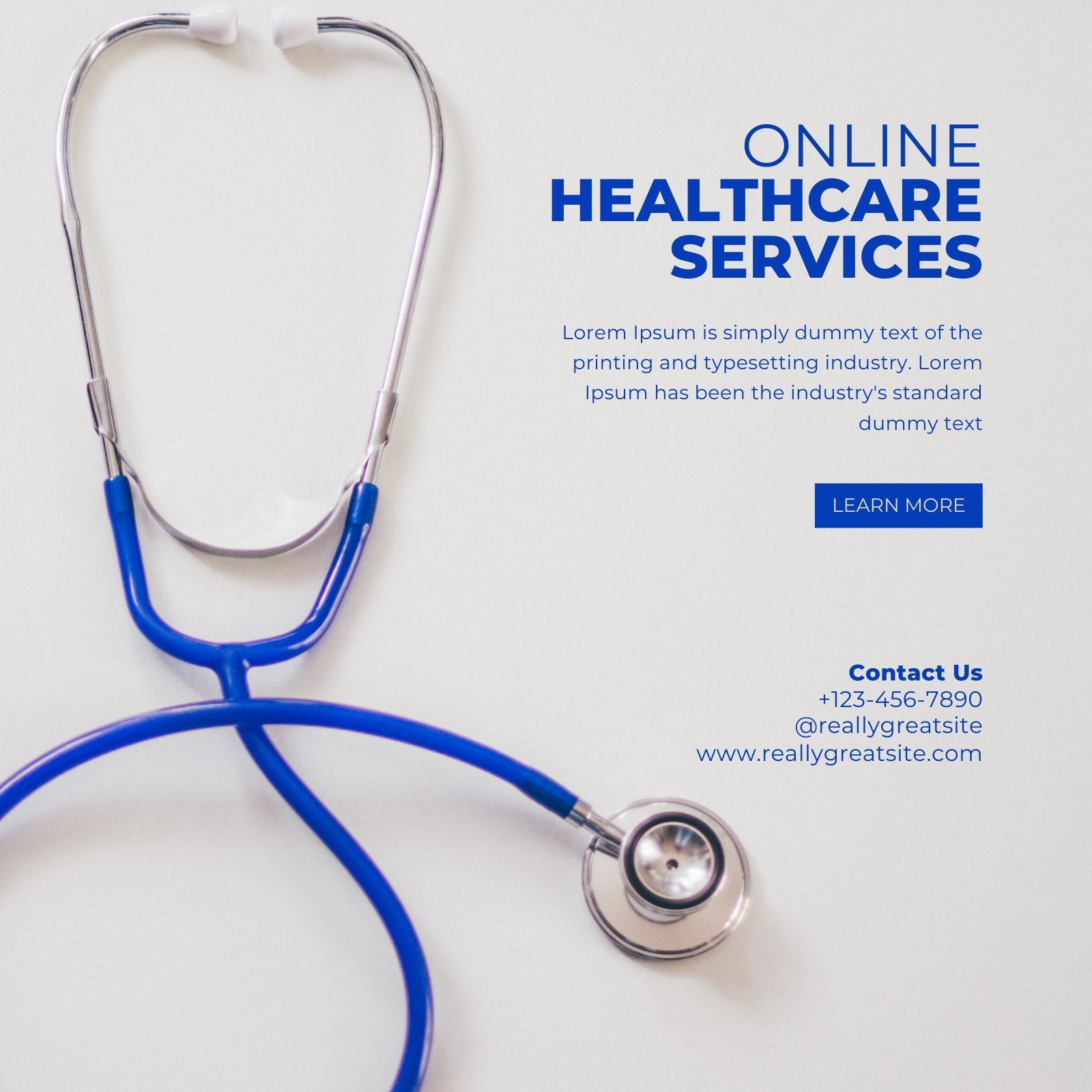A Comprehensive Overview to Subscription Based Healthcare: What You Required to Know
Wiki Article
Comprehending the Cost-Effectiveness of Subscription-Based Medical Care Models
As the healthcare landscape advances, subscription-based models emerge as a compelling alternative, promising to redefine how individuals manage medical costs. Assessing these designs' cost-effectiveness requires a nuanced comparison with conventional insurance, considering both economic ramifications and person satisfaction.Overview of Subscription-Based Versions
Subscription-based medical care versions, often described as straight medical care or concierge medication, are significantly getting interest as a potential service to ineffectiveness within standard health care systems. These designs operate the principle of offering patients straight accessibility to medical care providers through a month-to-month or yearly cost, bypassing the demand for traditional insurance devices. This plan aims to enhance patient-provider interactions by decreasing administrative concerns, which frequently prevent timely and customized treatment.At the core of subscription-based designs is the focus on a much more tailored person experience. Clients take advantage of improved access to their physicians, often consisting of next-day or same-day consultations, prolonged assessment times, and straight communication networks such as phone or video clip calls. This design fosters a positive approach to health care, where people and companies can collaboratively focus on preventative treatment and persistent condition monitoring.

Cost Comparison With Standard Insurance Policy

One of the key economic benefits of membership models is openness in costs. Alternatively, standard insurance coverage may be extra beneficial for people calling for specialized treatment or costly treatments not covered under a registration design, as they benefit from the more comprehensive insurance coverage network and cost-sharing systems.
Nevertheless, cost-effectiveness is context-dependent. While subscription designs might use savings for those largely needing medical care, individuals with persistent conditions or specialized medical care needs could find standard insurance a lot more comprehensive. Assessing specific medical care requirements and potential usage is critical in identifying the most economical alternative for individuals.
Impact on Individual Complete Satisfaction
Individual contentment within subscription-based healthcare models typically shows a substantial renovation over traditional insurance coverage systems. This improvement is largely credited to the personalized care and ease of access these designs provide. Individuals often report greater fulfillment due to decreased wait times and the simplicity of scheduling visits. Unlike conventional systems, where individuals may experience delays in getting care, subscription-based models guarantee more direct and timely communications with doctor.Furthermore, the openness in expenses related to subscription-based healthcare alleviates the usual stress associated with unexpected costs and complicated invoicing procedures seen in typical insurance (subscription based healthcare). People value knowing the exact economic commitment upfront, resulting in enhanced trust and self-confidence in their health care management
Furthermore, the focus on precautionary treatment and wellness in membership models adds to enhanced health results, better improving person fulfillment. By concentrating on ongoing health care my review here instead than anecdotal care, clients experience an even more continual and holistic health care trip.
Moreover, the boosted provider-patient relationship promoted in these versions, identified by more time spent per individual and personalized attention, plays a vital function in elevating patient fulfillment degrees, as people feel genuinely taken care of and comprehended.
copyright Perspectives and Experiences
From the service provider's point of view, subscription-based medical care versions offer a special info transformative approach to delivering medical services. These designs highlight a positive and preventative health care approach, enabling carriers to concentrate on comprehensive patient care without the constraints of traditional fee-for-service setups (subscription based healthcare). This change in emphasis usually causes boosted person end results and boosted supplier contentment, as health care experts can designate even more time and resources to person involvement and individualized treatment plansMoreover, subscription versions help with predictable earnings streams, which improve monetary stability for medical care carriers. This predictability enables improved source preparation and allotment, adding to a more reliable health care delivery system. Providers can spend in personnel training, facilities, and modern technology enhancements, thereby boosting the quality of treatment offered.
Nevertheless, the change to subscription-based versions is not without obstacles. Despite these hurdles, numerous suppliers find that the benefits of enhanced individual communication and structured procedures surpass the first obstacles, making subscription-based versions an attractive option.
Future Prospects and Challenges

A primary challenge is governing compliance, as subscription versions need to follow evolving healthcare plans and insurance policy needs. This necessitates continuous adjustment and technology to guarantee alignment with legal requirements. Furthermore, incorporating these designs right into existing health care infrastructures can be complex, needing significant try this site investments in modern technology and training.
There is additionally the potential threat of creating inequities in health care access, as registration models might prefer those who can manage them, leaving vulnerable populations underserved. Resolving this requires thoughtful factor to consider of pricing methods and aid systems to make certain inclusivity.
Conclusion
Subscription-based health care designs provide a practical alternative to typical insurance coverage by offering monetary predictability and openness, especially benefiting individuals with persistent problems or frequent health care requirements. The cost-effectiveness of these designs is contingent upon private healthcare usage patterns and circumstances.Subscription-based healthcare designs, in some cases referred to as straight main care or concierge medication, are significantly obtaining focus as a prospective option to ineffectiveness within conventional healthcare systems. Unlike traditional systems, where individuals may experience delays in obtaining treatment, subscription-based designs guarantee even more prompt and direct interactions with medical care providers.
These designs highlight a preventative and aggressive health care technique, allowing carriers to concentrate on extensive person treatment without the constraints of typical fee-for-service plans. As these models proceed to gain grip, they provide the potential to reinvent client accessibility to care, improve solution shipment, and maximize health care investing.Subscription-based health care versions provide a sensible option to traditional insurance coverage by offering monetary predictability and openness, particularly profiting individuals with chronic problems or frequent health care demands.
Report this wiki page